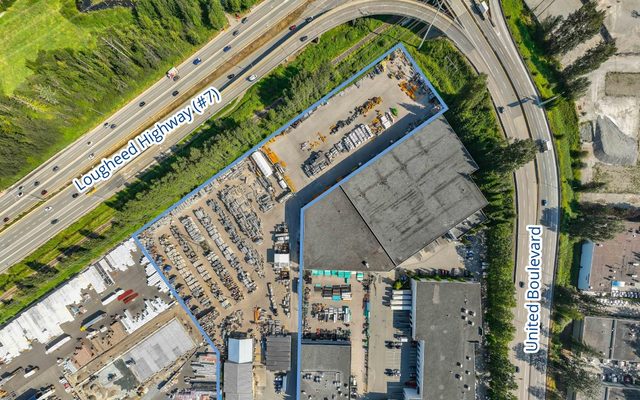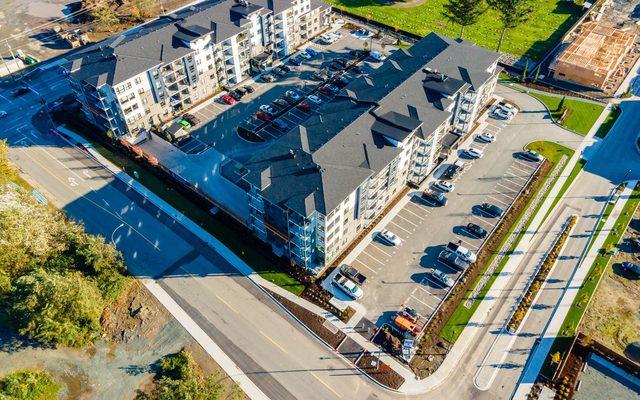- What The number of court-ordered sales is up this year in Vancouver
- Why Many owners bought property at the top of the market and now can’t build
- What next Deals are closing well below what owners paid
As a wave of court-ordered sales in the Vancouver market continues, distressed sellers and their lenders are being forced to accept they won’t recoup their investments, industry experts tell Green Street News.
There has been a massive surge in projects going into receivership this year, as many developers who bought at the top of the market find themselves unable to move forward on their projects. But some vendors remain reluctant to lower pricing expectations to clear their books.
Brad Newman-Bennett, a vice president of capital markets at Cushman & Wakefield, said prices in the city have taken a hit in the last 24 months. Still, he said, some owners are trying to hang on in hopes that the market will improve so they can settle more of their debt through a sale. It isn’t going well for them.
“I think it’s a lot of wishful thinking on their behalf to try to realize pricing that’s well in the rearview mirror at this point in time,” he said. “Whatever equity there was there is long gone.”
Compared with peak pricing, Newman-Bennett said that generally, many properties facing a court-ordered sale need to slash prices by about 30% to move.
Jennifer Darling, a senior associate at Colliers, said market values are being reestablished compared to previous peaks but the number of lenders on a property may affect when, and for how much, a property transacts.
“On a lot of these foreclosure listings, there’s often more than one registered charge holder on the titles,” Darling said, “which is often why you’ll see that pricing point high at the beginning and then working its way down potentially, as that conduct of sale may be changing to higher priority stakeholders.”
Hart Buck, a senior vice president at Colliers, said most of the court-ordered sales activity involves non-income producing vacant land – some with developed plans and/or already in the permitting process – with enough trades happening to affect the broader market as market values are currently being redefined.
The Vancouver land market saw a surge in prices prior to Covid. “It was a big run with a lot of offshore money in the market, then we had a lot of Covid money in the market and that sort of threw things off a little bit,” he said. That peak in pricing is likely not returning any time soon.
Randy Evans, a specialist in land assembly and development with Axis Real Estate Solutions, said many projects wound up in receivership due to changing market conditions in recent years. Interest rate increases, higher development cost charges and less revenue for end products ended up tripling carrying costs, he said.
“It’s just been bad timing getting hit from different directions,” Evans said.
Some developers bought land they never intended to build on, hoping to just add value to the property and then sell it. In some cases, before the market conditions toughened, such buyers refinanced existing properties to buy more land.
“I’ve come across guys who literally cannot clear title,” he said. “So, they can’t sell, and eventually the bank steps in and says, ‘Fine, we’ll sell it because we don’t have to pay the second or third mortgagee if we step in.’”
In many cases, bringing to market land with plans and zoning in the works can make a property harder to sell, said Kyle Grundy, head of underwriting for Cushman in Vancouver.
Often developers trying to sell their distressed properties assume they’ve baked in some extra value by having zoning partially done or development plans already drawn up.
But those plans may not be what potential buyers have in mind, Grundy said.
“The premium they’ve priced in for that entitled or turnkey site, it actually needs to be a discount,” he said. “As time goes on, they start burning through the interest reserve and start getting foreclosed upon.”




